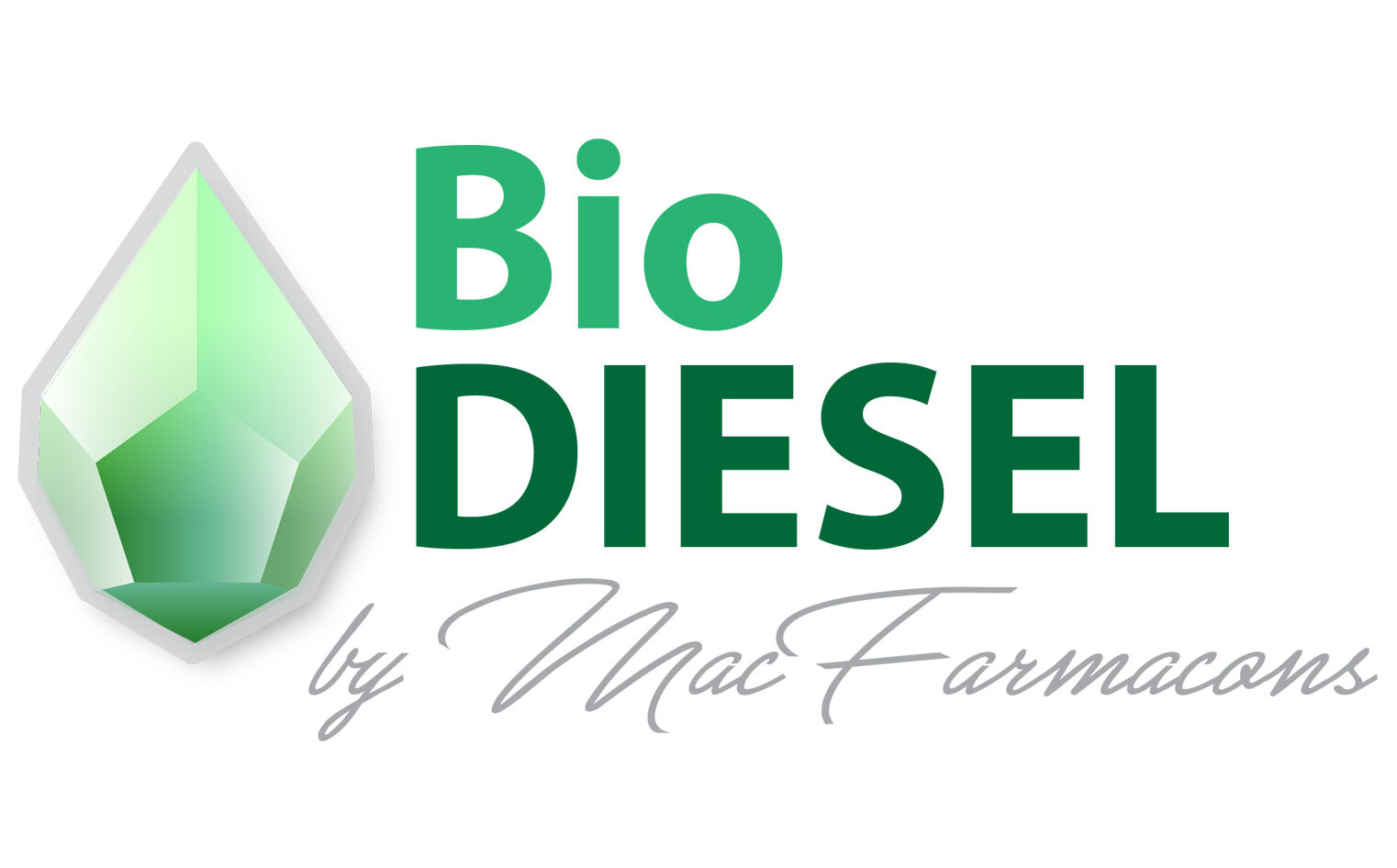ISCC-EU - in the process of being certified
SUSTAINABILITY or "sustainable development" is a concept that promotes the development of society in a responsible way, without depleting available resources and without destroying the environment so as not to compromise the possibilities of meeting the needs of future generations (cf DEX).
The International Sustainability and Carbon Certification (ISCC) scheme is an officially recognised international certification scheme covering all types of biomass, with both internal and external application, facilitating national and international trade.
The ISCC scheme documents bioenergy production with a mass balancing system along the entire supply chain - from farms or plantations to oil companies, thermal and electrical plant operators and other users. As an alternative to fossil fuels, biomass has attracted a lot of interest from energy and fuel producers, which is why the EU has published mandatory conditions for the long-term production and processing of biomass in the EU Renewable Energy Directive (RED) EU-RL 2009/28/EC.
ISCC (International Sustainability and Carbon Certification) was internationally recognised in 2010 by the German authorities and in July 2011 the European Commission recognised ISCC as one of the first certification schemes to demonstrate compliance with the requirements of the Renewable Energy Directive EU-RL 2009/28/EC.
Holding an ISCC standard is a strong evidence demonstrating compliance with the requirements of the European Renewable Energy Directive and legal sustainability measures and requirements.
In order to prove sustainable biomass/bioenergy production, all components of the value chain must be part of the ISCC system and certified.
ISCC EU certificates are always valid for one year, so recertification is carried out annually.

